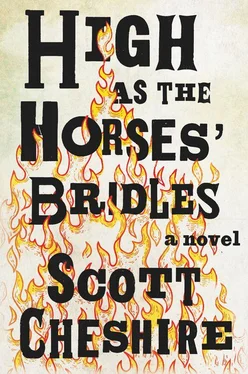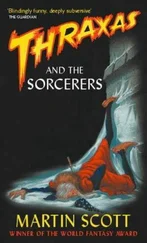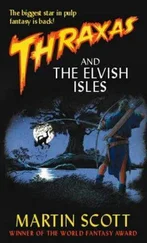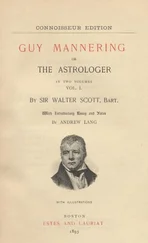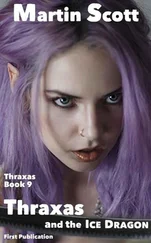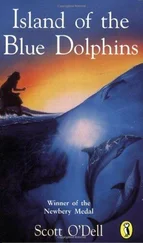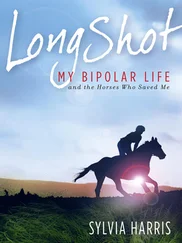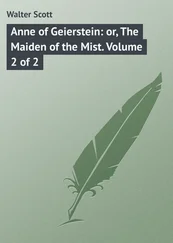He was looking away to the bare wall, coughing. He wiped at his mouth. “I don’t care about church anymore. Not even the first church, first century. I wanna go back before that. I wanna go where we found God. And that’s not here, I can promise you.” He made a twirling with his fingers, and snorted.
“You’re angry,” I said.
“I’ve wasted too much time.”
“You have not. Don’t say that.”
His face shone out all white: “This is not your body. Don’t tell me what I’ve done.”
I nodded.
“There are rules. Lay by a body of water. And the bath works out just fine.” He shook his head like he was trying to stop himself from dozing off. “Pharaoh had dreams. Joseph read dreams. Daniel, Ezekiel, Enoch.” He pointed toward the book on the table. I remembered our family Bible studies, and those names came at me like thrown ghosts. I practically had to duck. We’d spent almost an entire year, as a family, reading the books of Daniel and Ezekiel. At one point Dad had a large sketch pad set on a wooden easel — he’d bought these from a hobby shop — propped beside the dining room table. He drew childish drawings, stick figure versions of the visions found in these books, hoping they would make it all come more alive as he taught us. The Four Horsemen on stick figure horses. A throne looking like a geriatric shower chair for the elderly, floating over a typical cartoon cloud; everyone knows how to draw a cloud. I’d never heard of the book of Enoch.
“The first revelation,” he said. “The very first, Enoch’s dream in the apocryphal scripture. And that right there is the kernel.” He hooked his thumb in the direction of the open book on the table. “This is hundreds of years before Revelation, before St. John comes along, before his blanket on Patmos beach.”
“You need water? I need water.” He waved, No.
I excused myself and went to the kitchen. And I knew he meant the kernel like in corn or a seed that grows, but I also thought of Amad, and how he’d be so proud of his little Josie for remembering his lessons over the years: a kernel is also the computing center, the core of any system, the small essential thing that remains in fixed memory forever. I breathed and went back to the table.
He took the water from my hand and he drank it.
He said, “John lay on a beach and he fasted. Another rule. No food, not a bite. So really I’m cheating on Sundays.” He sipped again and handed back the glass. “And God gives John his revelation in a dream. But this is John’s dream, it’s not mine.”
I drank from the water.
“Revelation, chapter twenty-two,” he said. “Just before he’s finished. ‘If any man adds or takes away from these words then God will erase his name from the Book of Life.’ Kaput. He’s saying, Don’t put words in my mouth. And don’t go messing with my dream.” He reached for the glass again. It was empty. I made to get up for more water and he gestured for me not to. He said, “What thou seest, write it down in a book. What thou hast seen, and what things there will be thereafter. You have to write it down.”
“Okay.”
He was looking at his lap now. “Tertullian fasted.” He looked up at me, like it was time to finally say this, and we both knew it, so let’s just go ahead and say it. “I understand why we don’t — why you and I don’t ever talk about some things.”
“We’re fine. You and I are fine.”
“Why we are the way we are.” He pushed down on the table and lifted himself. He said, “Have I embarrassed you? If I do, or I ever have, just be good enough to forgive me. Would you do that for me? I think every father does this to his son.”
I had quick flashes of remembered moments that exactly fit the expression. Of course, I’d been embarrassed by my father, but what son can say this never happened? I knew no more about how to be a son than he did about being a father, and we’d had our respective jobs for the same amount of years. We’d had these idealized visions of each other that we loved, but they weren’t us. I’d always loved Dad, but always a more palatable version of the man. This was embarrassing. I was the one who should’ve been embarrassed.
“I feel close to you,” he said, and I saw his eyes change.
“I should’ve been here more,” I said, “checking up on you.”
“Oh, no, no. I give you a hard time, but look at you! I’m so proud of you making your way. Your own way. And on your own. You’re way stronger than I ever was.”
I never expected to hear something like this from him, never. How easily we forget how love works, that we love in the only way we know how. He was right there in front of me — but then he went gone in his eyes. It was the first time I saw this, and it frightened me.
I said, “Dad, you’re so strong, it scares me. Even when you’re wrong.” I laughed.
The light suddenly came back alive, and he stood there steadily.
He said: “I have walked in Heaven, and I have seen your mother. I saw her just this morning.” His eyes were glassing over, and getting full. “I have been in the presence of the Lord because He walks in the halls of my head. He takes me up! I’ve seen everything there is, and whatever is left for me after.” He touched my face. “Suicide is a terrible sin, but this is not the taking of a life. I swear it’s not. I’m just giving it back.”
He wiped at his eyes.
Leaving the room, and holding his side, he said, “I’ll eat with you later, tonight, I promise. I think I’m done for today. Talk later tonight, okay? I’ll get some sleep.”
I licked my teeth.
“And tomorrow,” he said. “You can call your doctor. I don’t mean to scare you like this.”
He opened the bathroom door, and then the door closed quietly.
I decided I needed a walk, and that I could not spend the remainder of the day indoors. He’d be sleeping anyway. I needed air and light. A low and dour rumbling in my stomach. I wanted to be far from that house, and so I headed for the train, walking as if my legs alone knew the destination, but my head had no idea.
The elevated train snaked along over the rooftops and the laundry lines strung between fire escapes, past the graffiti-covered houses and the wide-open top-floor windows, old women in pink scratchy hair curlers and soiled tank tops with their arms over sills, taking me to yet another train, and then to yet another which took me underground and way across town. I sat there looking at the photos of my mother, of a halfway anonymous O. Laudermilk mock-hitching a ride in old-time San Diego, and of Issy on grade school picture day.
I got off the train in Astoria.
I walked up the stairs to the sidewalk. Latin dance music played from the speakers of an old souped-up Toyota, the sound bigger than the car. On the corner a man served halal sandwiches from a large kitchen cart that looked like a freight elevator yanked from its shaft. I found myself staring at a Spanish bodega sandwiched between two Greek restaurants. Yellow awning, red letters. Posters on the windows for phone cards. I needed more coffee.
The woman behind the cash register had a round face. And behind the deli counter window was a stack of random deli meat nubs, elbow knots of ham wadded up in cellophane, a white dish presenting nothing but a mound of decorative green plastic garnish. I asked if she had any soy milk.
In a totally surprising and dragging Slavic drawl she said, “You are kidding, correct?”
“Yes. I’m kidding. Plain milk, no sugar. And a bagel.”
She winked. “With butter?”
My stomach gurgled. “Absolutely not.” I pointed to a packet of aspirin.
I sipped the coffee and swallowed the four aspirin, walked outside, and studied the building’s exterior. It was a yellow brick four-story walk-up. Next door, a sign over a 99¢ store read “Poco Poco.” A table out front was piled with plain white T-shirts and a tilting stack of pink and blue scrub sponges. From the open door blew a nimbus stink of chemical dyes.
Читать дальше
